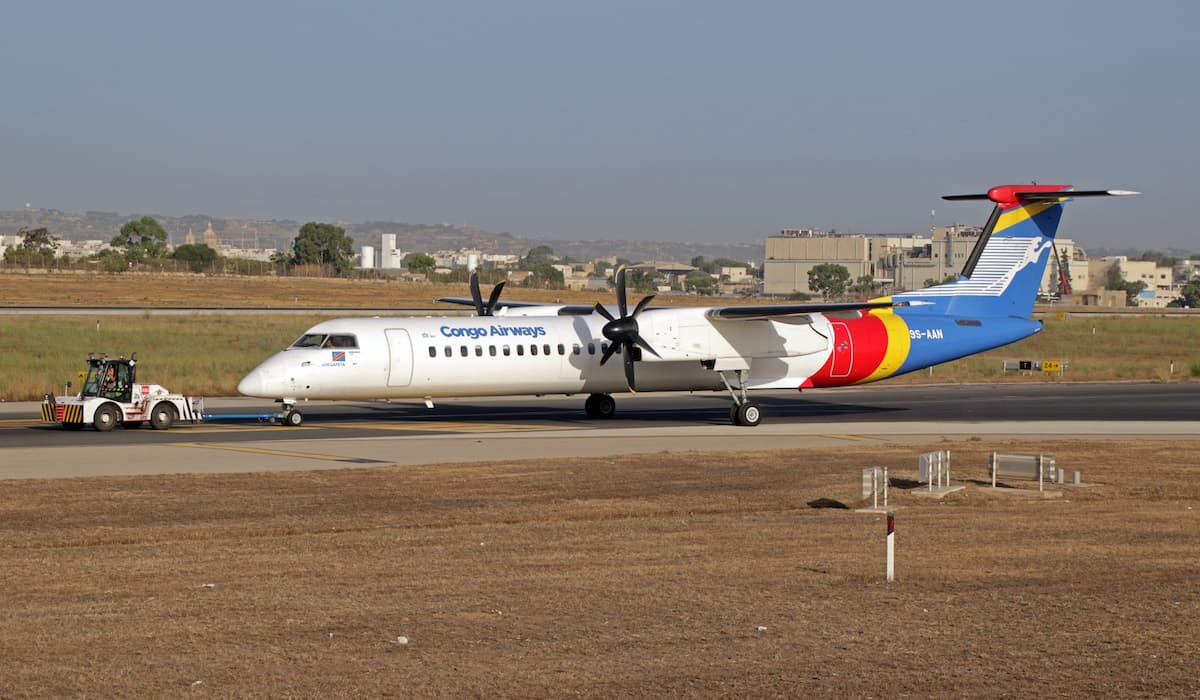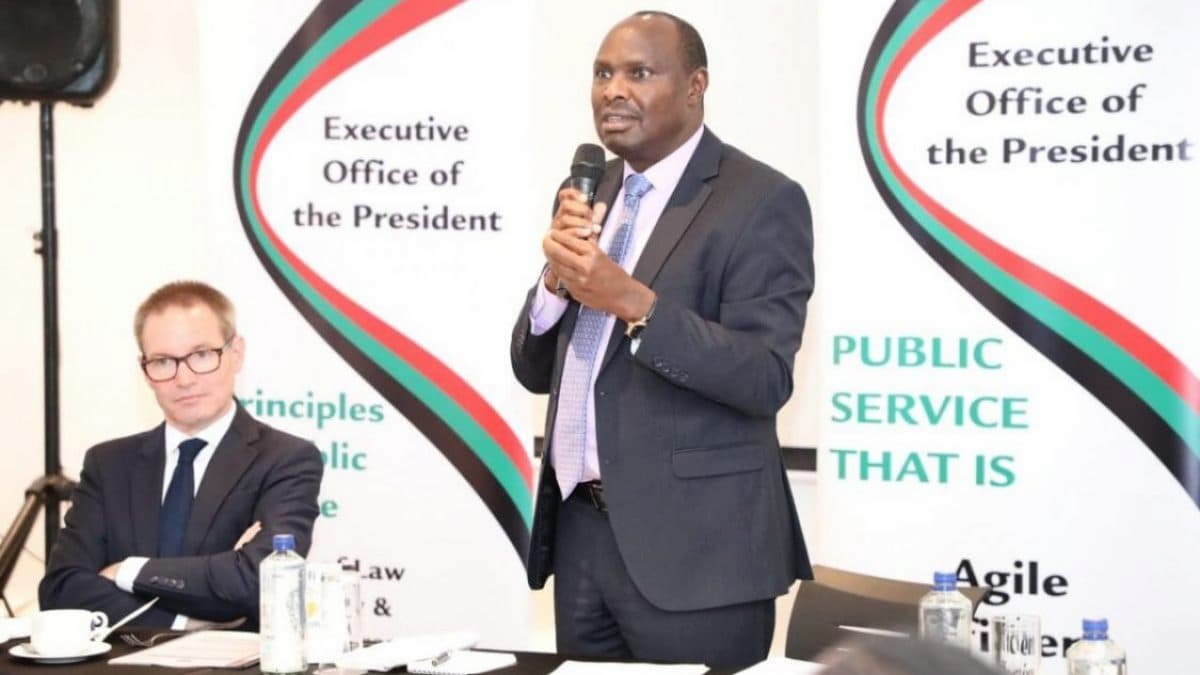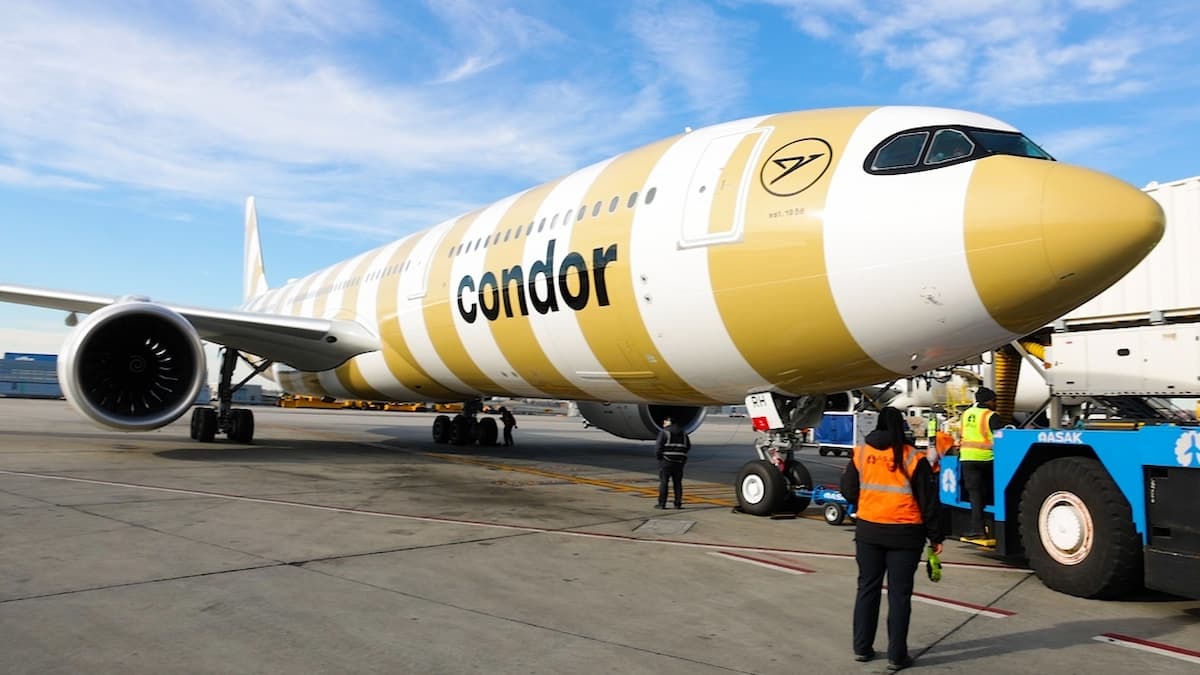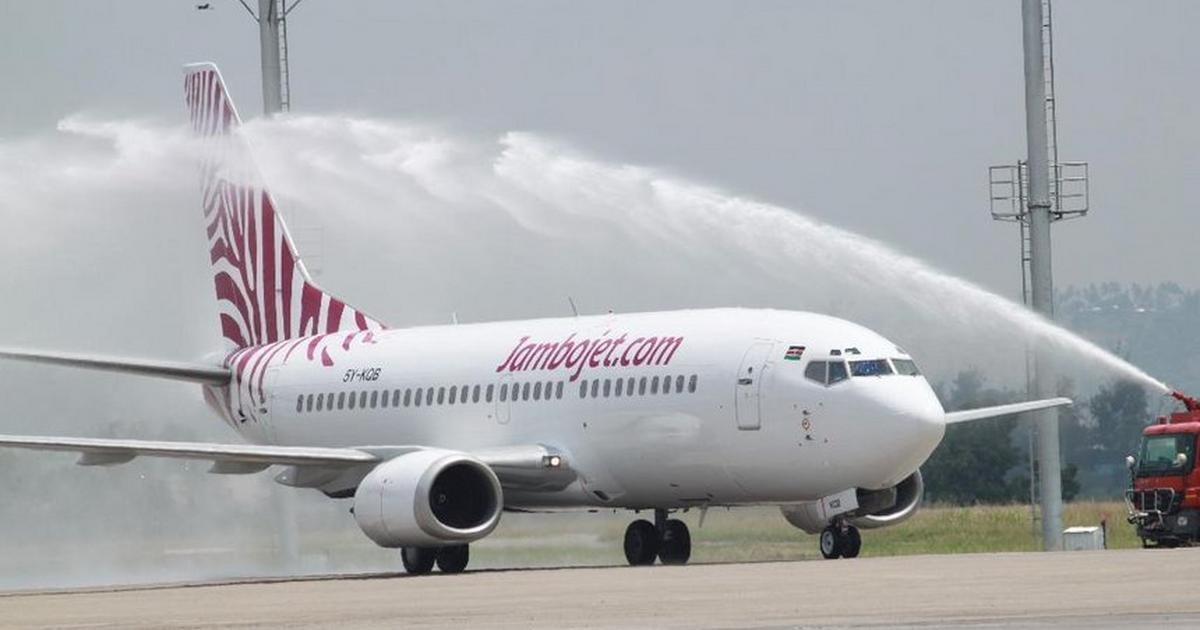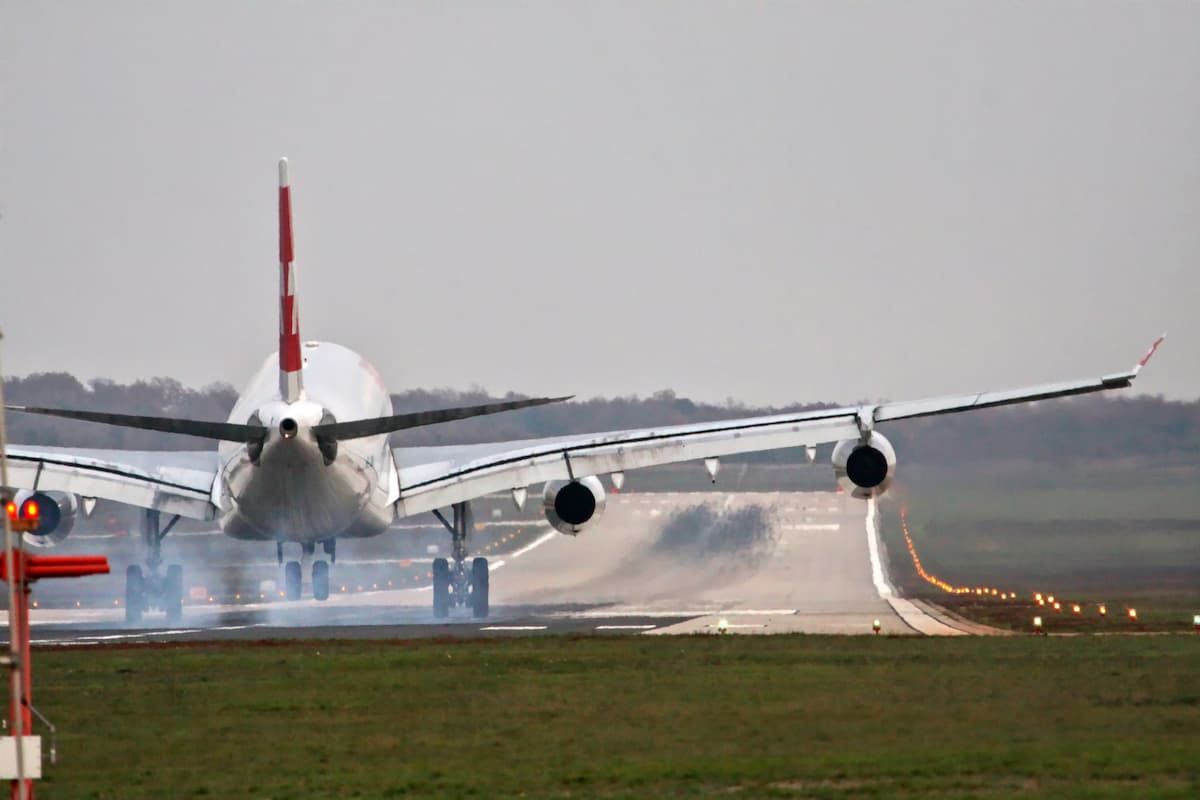The Democratic Republic of Congo has plans in motion for the establishment of a second national airline, Air Congo.
While Congo Airways recently suspended its flights due to financial troubles, the government has unveiled plans to establish a second national airline, Air Congo, in collaboration with Ethiopian Airlines Group. This strategic move aims to revitalize the country’s aviation sector, but questions remain about how the two airlines will coexist.
Congo Airways, the country’s first national airline, took off eight years ago with grand ambitions of serving destinations across Africa. However, it faced turbulence on its journey, culminating in the suspension of its flights in September due to financial challenges. The nation’s Transport Minister cited issues such as a “wrong business model,” “non-transparent administration,” and “inappropriate pricing structures” as key factors contributing to this crisis.
Nonetheless, President Félix Tshisekedi’s government remained steadfast in its commitment to enhancing the nation’s aviation capabilities. In mid-September, the decision was made to establish a second national airline, Air Congo, a concept that had been under consideration for two years, reports Politico. This venture comes with a notable partner, Ethiopian Airlines Group, a renowned player in the African aviation space. Ethiopian Airlines Group is set to provide financial support as well as invaluable expertise to ensure the success of Air Congo.
The government has set an ambitious timeline, aiming to prepare Air Congo for applying for its air operator’s certificate (AOC) within five months. Importantly, the government has expressed its intention that the establishment of Air Congo should not come at the expense of Congo Airways.
However, the specifics of how these two airlines will coexist and differentiate themselves in the market are yet to be revealed. Two years ago, Air Congo was envisioning a fleet of seven aircraft, indicating its aspiration for a robust presence in the skies.
Source: Airspace-Africa.

